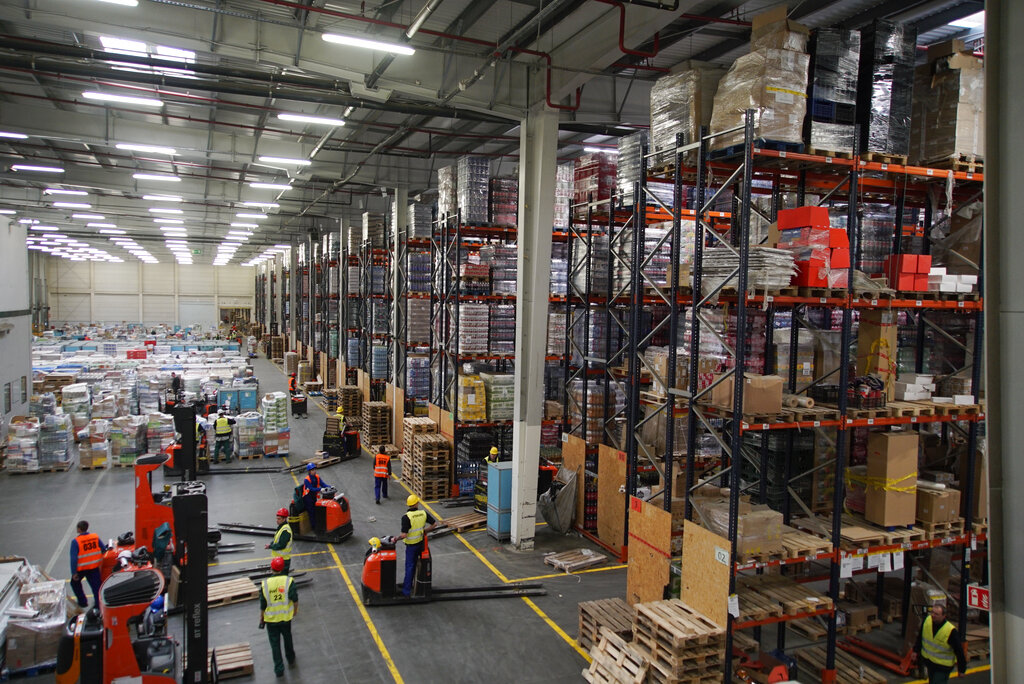In Poland, the issue of foreigners working illegally continues to grow, with many avoiding the formalization of their employment through the use of so-called “Ukrainian companies.” These foreigners are increasingly circumventing the law by invoking regulations related to unregistered activities. This troubling trend has been confirmed by the Main Labor Inspectorate in its 2023 report, as detailed by the Dziennik Gazeta Prawna (DGP) newspaper.
According to the report, last year saw illegal employment detected in 30 percent of inspections conducted. These revealed that nearly 6,700 immigrants were working illegally, representing 17 percent of those inspected, up from about 5,200 or 12.8 percent in 2022. Ukrainians made up a significant 71 percent of those found to be employed unlawfully.
The most common violation was the lack of required work permits, occurring in 64 percent of the cases. “This statistic also includes instances where an immigrant worked under conditions different from those specified in their employment declaration, such as contract type or hours worked,” the report stated.
Experts warn that the increasing prevalence of undocumented foreign labor could negatively impact legally operating companies.
“Due to flaws in Poland’s sanction system, there is a massive rise in the black market for foreign employment, posing real threats to the competitiveness of businesses legally operating,” said Joanna Torbé-Jacko, an attorney and a Business Centre Club expert.
She added that the situation could worsen with planned governmental changes to foreigners’ access to the labor market.
“Questionable practices will likely become even more widespread once these regulations are implemented,” Torbé-Jacko concluded.






